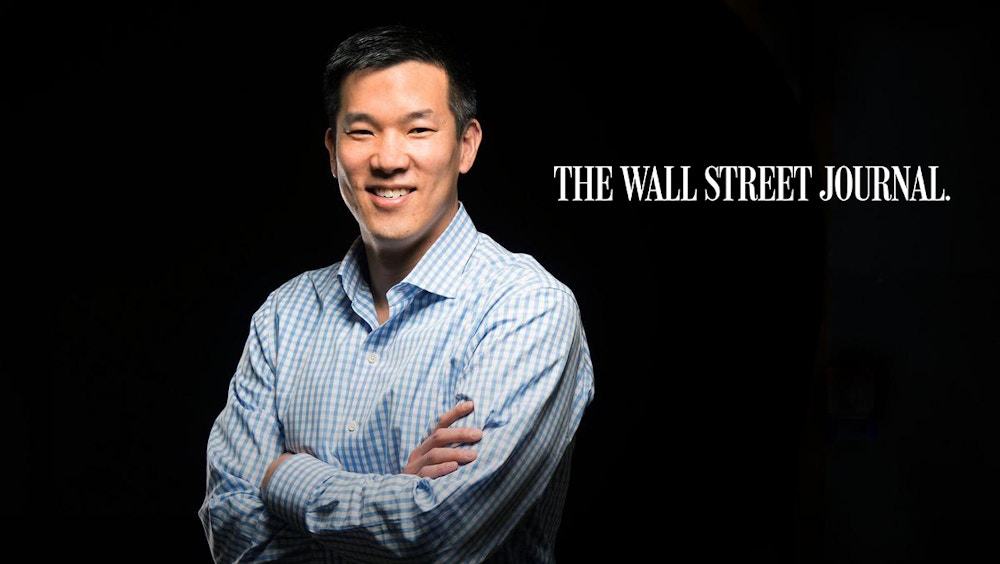How does it feel to pass up the next Facebook? Or Lyft? Investors share their stories.
By Rob Curran
Being a venture capitalist means placing bets. Sometimes you hit it big with a startup. Sometimes you lose everything.
But sometimes you never place a bet at all—and end up missing out on an idea that turns out to be a multibillion-dollar winner.
One long-established venture-capital firm, Bessemer Venture Partners, lists its multibillion-dollar misses under the heading of “the Anti-Portfolio” on its Web site, memorializing, among other things, a partner’s description of a pre-IPO Apple as “outrageously expensive.”
We asked some seasoned investors to share their stories about the big chance that got away. Why did they pass on these startups? What didn’t they see that somebody else did? And what lessons did they take away from the experience that helped them make better decisions down the line?
Larry Cheng was a junior associate at venture-capital firm Battery Ventures when he heard about “The Face Book.”
There might just be one thing worse than missing out on a bonanza by making the wrong call on an investment: missing out after making the right call.
In 2004, Larry Cheng was an associate at venture-capital firm Battery Ventures in the suburbs of Boston. He pitched investments to a committee of superiors but never had the final say.
In March of that year, he attended a Harvard University alumni event. During his visit, he asked some students what was new on campus.
“Everybody was saying, check out ‘Thefacebook,’ it’s blowing up on campus,” says Mr. Cheng, who estimated what was then an online Harvard student directory was about four weeks old.
Years later, in a blog post, Mr. Cheng described his “aha moment.”
“They had uploaded the Harvard course catalog into the network so that with a single drop-down menu, you could sort the entire network by those taking the same class as you,” Mr. Cheng, now a managing partner at Volition Capital , wrote on his blog.
That feature allowed students to find out more about classmates, a utility whose appeal would be clear to anyone who has ever had a classroom crush.
According to Mr. Cheng’s account and his records, he contacted Mark Zuckerberg electronically and arranged to meet him at the Charles Hotel in Cambridge. Mr. Zuckerberg brought a friend, Facebook co-founder Eduardo Saverin.
The duo’s ambition was clear, according to Mr. Cheng, but what really impressed him was their focus.
“They were focused on solving a problem for one college campus, and they did it in a very good way,” Mr. Cheng says. “They limited their focus and scope, then rolled out to a few more college campuses and solved the same problem.…That would not have existed if they had just opened to the masses.”
The next meeting was over breakfast back at the Charles Hotel. Mr. Cheng could tell the two students were “unaccustomed” to the morning schedule. “They came in looking a little bleary-eyed,” he says. The students’ apparent aversion to the early hour didn’t color Mr. Cheng’s impression of them, however, as he remembered being the same way himself.
The final meeting was in Battery Ventures’ former Wellesley offices in May 2004, Mr. Cheng says. In the intervening weeks, according to Mr. Cheng, Facebook had launched at about 20 other top-tier schools.
Mr. Cheng realized Messrs. Zuckerberg and Saverin probably couldn’t afford a taxi back to campus. So he gave the pair—who now have a combined net worth of about $80 billion—a lift back to Cambridge and $40 for the ride to Wellesley. It was, unfortunately for Mr. Cheng, the only stake that changed hands.
Mr. Cheng says he sent a memo to his superiors in Battery Ventures, extolling the potential of an investment in what became Facebook. He says he heard many objections to the idea. The principal impediment was an existing bet that Battery Ventures had made on Friendster—venture-capital firms seldom back two direct competitors. Other objections included the “limited scope” of the network at that stage and the employment status of the company founders.
Ultimately, Mr. Cheng says, he failed to persuade his superiors.
“Hindsight is 20/20,” says Battery Ventures General Partner Scott Tobin, in an email. At the time, he says, Friendster was popular in the Philippines, a huge market of social-media users. “Unfortunately, that didn’t make up for air-balling one of the most successful venture investments of all time.”
Facebook didn’t respond to requests for comment on the contact between the two firms.
One of the lessons Mr. Cheng learned from his brush with Facebook was the importance of persevering with strong hunches.
“In retrospect, I should have pushed the opportunity more aggressively, even though consensus was hard to come by—not just because Facebook was a historic success but because I’ve since learned that the best investments are never obvious at the time and it is so important to follow your convictions,” he says.
Mr. Curran is a writer in Denton, Texas. Email reports@wsj.com.
